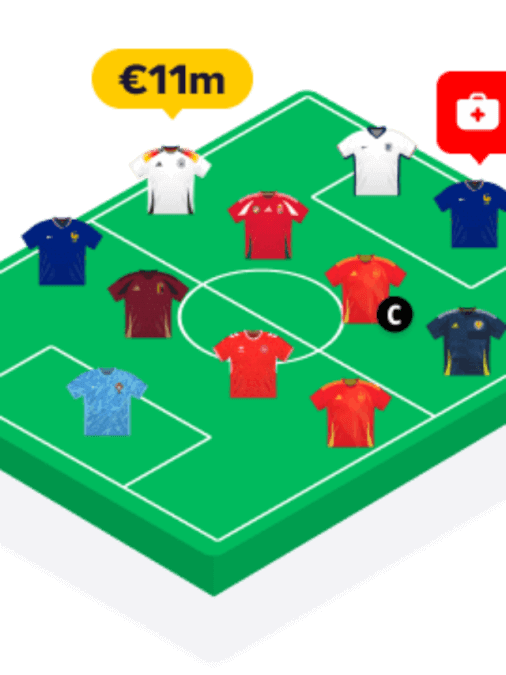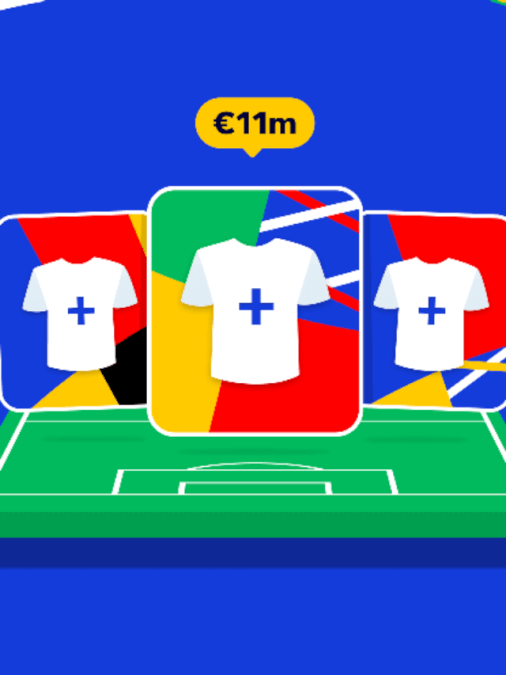Proper nutrition is a key component in the performance, growth, and recovery of young footballers. A well-balanced diet not only supports energy levels and physical development but also aids in concentration and focus during training sessions and matches.
This article offers a detailed daily meal plan, providing options for breakfast, lunch, dinner, and snacks, with variations to cater to different dietary needs such as vegetarian and gluten-free preferences.
II. Daily Meal Plan Overview
Before diving into specific meals, it’s essential to understand the nutritional goals for young footballers. A balanced intake of carbohydrates, proteins, fats, vitamins, and minerals is crucial.
Carbohydrates provide the primary source of energy, while proteins support muscle repair and growth. Healthy fats are necessary for overall development, and vitamins and minerals help in maintaining bodily functions and preventing injuries. Hydration is equally important, as it ensures optimal performance and recovery.
III. Breakfast Options
A. Energy-Boosting Breakfasts
- Scrambled Eggs with Whole Grain Toast and Avocado
- Benefits: This meal provides a perfect balance of protein, healthy fats, and complex carbohydrates to kickstart the day. Eggs offer high-quality protein essential for muscle repair, while avocado adds healthy fats that support brain function and energy.
- Greek Yogurt with Fresh Fruit and Honey
- Benefits: Greek yogurt is rich in protein and probiotics, supporting muscle growth and gut health. Adding fresh fruit and honey not only enhances the flavor but also provides natural sugars and antioxidants.
B. Dietary Variations
- Vegetarian: Oatmeal made with almond milk, topped with chopped nuts, seeds, and fresh berries. This option provides a good mix of protein, fiber, and healthy fats.
- Gluten-Free: Smoothie bowl made with banana, spinach, and almond milk, topped with gluten-free granola and chia seeds for added fiber and nutrients.
IV. Mid-Morning Snack Suggestions
A. Light and Nutritious Snacks
- Apple Slices with Almond Butter
- Benefits: This combination provides a quick energy boost with natural sugars from the apple and healthy fats and protein from almond butter, keeping young athletes full and focused.
- Homemade Granola Bars
- Benefits: Portable and packed with energy, these bars can include oats, nuts, seeds, and dried fruit. They are an excellent source of slow-release energy and are perfect for a quick snack before or after training.
B. Dietary Variations
- Vegetarian & Gluten-Free: Rice cakes topped with hummus and sliced cucumber. This option is light, crunchy, and provides a good balance of carbohydrates and protein.
V. Lunch Ideas
A. Balanced Lunch Options
- Grilled Chicken Wrap with Vegetables
- Benefits: Lean protein from chicken helps in muscle repair, while the variety of vegetables adds essential vitamins and fiber. Using whole wheat wraps adds complex carbohydrates to sustain energy levels.
- Quinoa Salad with Roasted Vegetables and Feta Cheese
- Benefits: Quinoa is a complete protein, making it a great alternative to meat. Roasted vegetables provide antioxidants, and feta cheese adds a delicious tangy flavor along with additional protein.
B. Dietary Variations
- Vegetarian: Chickpea and spinach curry served with brown rice. Chickpeas are a great source of protein and fiber, making this a filling and nutritious meal.
- Gluten-Free: Grilled chicken with quinoa and a side of mixed vegetables. This combination ensures a gluten-free yet protein-rich meal with plenty of nutrients.
VI. Afternoon Snack Ideas
A. Quick and Filling Snacks
- Smoothie with Banana, Spinach, and Protein Powder
- Benefits: This smoothie is packed with nutrients from fruits and vegetables and provides a quick source of energy and protein for recovery.
- Rice Cakes with Cottage Cheese and Tomato Slices
- Benefits: Low in calories but high in protein, this snack helps maintain energy levels without feeling heavy before evening training.
B. Dietary Variations
- Vegetarian: Nut butter spread on whole grain crackers, topped with a few slices of banana for added flavor and nutrients.
- Gluten-Free: Chia seed pudding made with almond milk, sweetened with a bit of honey, and topped with fresh berries.
VII. Dinner Recommendations
A. Nourishing Dinner Meals
- Baked Salmon with Brown Rice and Steamed Broccoli
- Benefits: Salmon is rich in omega-3 fatty acids, which are crucial for reducing inflammation and supporting brain health. Paired with brown rice and broccoli, this meal provides a balanced mix of proteins, carbohydrates, and vitamins.
- Spaghetti with Lean Turkey Meatballs and Marinara Sauce
- Benefits: This classic dish is high in protein and carbohydrates, making it ideal for muscle repair and energy replenishment. Lean turkey is a great alternative to traditional beef meatballs.
B. Dietary Variations
- Vegetarian: Lentil stew with sweet potatoes and kale. Lentils are a great source of protein and iron, while sweet potatoes provide a healthy dose of carbohydrates and fiber.
- Gluten-Free: Grilled chicken served with quinoa and mixed vegetables. This meal is light yet filling, providing all the necessary nutrients without gluten.
VIII. Evening Snack Ideas
A. Light Snacks Before Bed
- Low-Fat Greek Yogurt with a Drizzle of Honey
- Benefits: This snack is rich in protein and calcium, aiding muscle recovery and promoting better sleep.
- Warm Milk with a Dash of Cinnamon
- Benefits: A warm cup of milk can help in relaxation, while cinnamon adds a comforting flavor without added sugars.
B. Dietary Variations
- Vegetarian & Gluten-Free: Baked apple slices with a sprinkle of cinnamon. This light, warm snack is easy to digest and provides a sweet end to the day.
Understanding the importance of proper nutrition can help in creating a balanced meal plan for optimal performance.” [Link to “The Importance of Proper Nutrition for Young Footballers“]
IX. Hydration Tips
A. Importance of Staying Hydrated Staying hydrated is crucial for young athletes, as dehydration can significantly affect performance and recovery. Encourage young footballers to drink water regularly throughout the day, especially before, during, and after training sessions.
B. Hydration Strategies
- Drink a glass of water as soon as you wake up.
- Aim for at least eight glasses of water per day, more if training intensely.
- Include electrolyte-rich drinks post-training to replenish lost minerals.
Incorporating some of the top energy-boosting foods can ensure young players are always at their best.” [Link to “Top 10 Energy-Boosting Foods for Young Footballers“]
X. Conclusion
A balanced diet is essential for young footballers to perform at their best, both on and off the field. By following this meal plan and making adjustments based on individual dietary needs, young athletes can support their physical development, energy levels, and overall health. Encourage your young footballer to listen to their body and make healthy food choices that will fuel their passion for the game.









